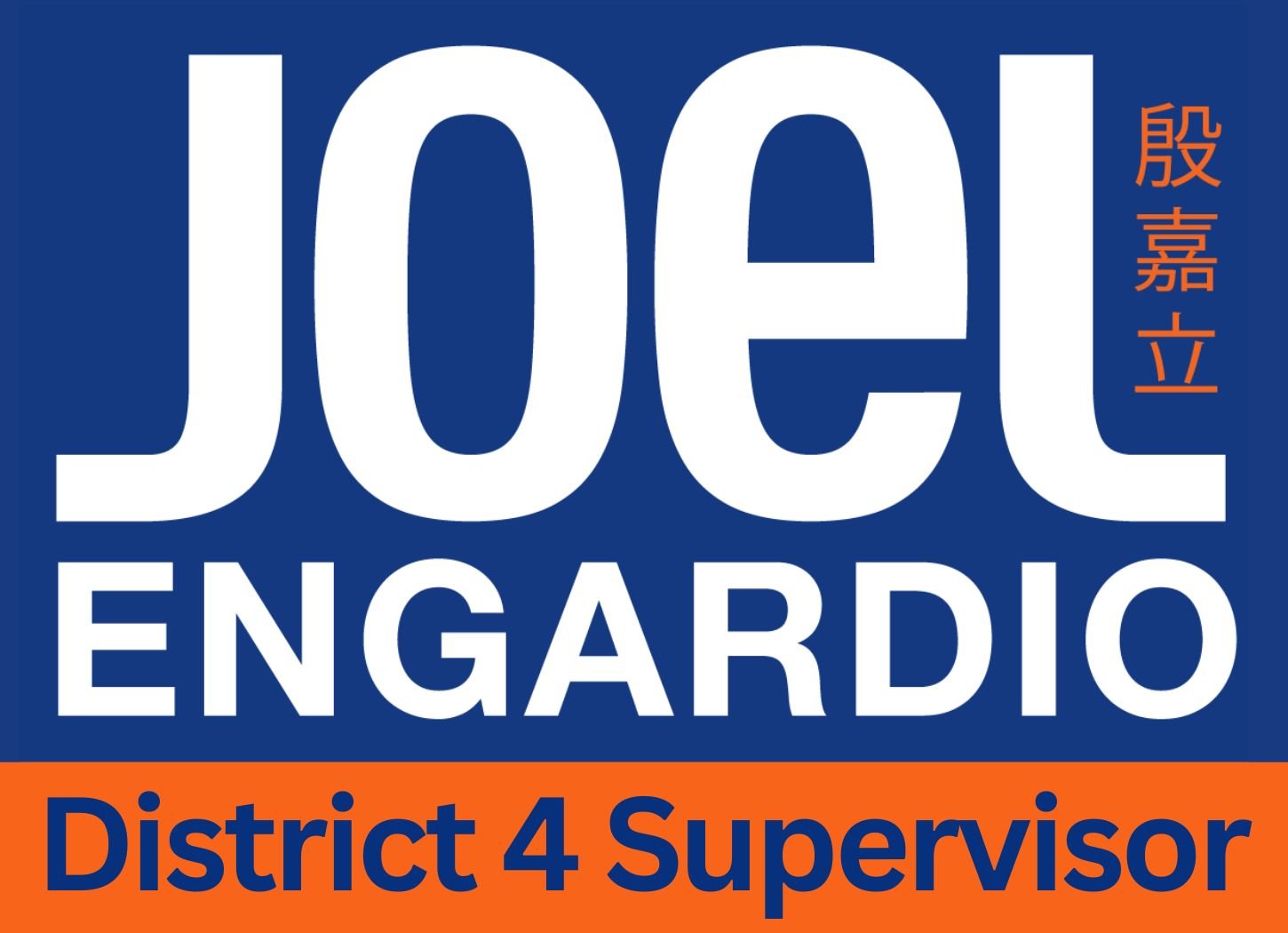Gays at Harvard: After Injustice, A Rainbow
Joel Engardio tells the story of Harvard's infamous gay purge. Graduation week falls on the purge's anniversary. Engardio imagined how a commencement speech could acknowledge the injustice and subsequent rainbow. The text was published in USA Today, a few days before Engardio graduated from the Harvard Kennedy School on May 26, 2011.
By Joel P. Engardio
Graduation week at Harvard falls on the anniversary of a gay purge. May 27 is the day when the dean of Harvard College convened a secret court in 1920 to question students about the suicide of sophomore Cyril Wilcox
The questions weren't about Cyril's death. They focused on a letter that connected Cyril to a gay scene at Harvard. Dean Greenough said the discovery was "unspeakably gross" and that it "tainted" the college. He took quick action. All students found to be gay would be expelled.
Eugene Cummings had studied five years to become a dentist. The senior wouldn't graduate. A note was added to Eugene's file: "Proved guilty, but took ether upon receiving news. Died on morning of June 11, 1920."
Back then, students like Cyril and Eugene were silenced by shame. Today I speak proudly. I am an openly gay man about to receive my Harvard degree. The story of gays at Harvard hasn't been told at commencement before. I think it's worth telling.
How open are we?
I realize there's a lot of injustice in the world and gays are just a fraction of the population. Yet consider: Every nation, race, religion and culture has gay people. How we treat gay people says a lot about how open a society really is. And open societies are the best chance we have against injustices of all kinds. How open are we?
In America we have Glee on TV, gays in the military and same-sex marriage in five states — but not the other 45. In some 30 states, workers can be fired just for being gay. Gays don't have full rights in most countries. Even the oppressed oppress gays. The deaths of Cyril and Eugene in 1920 were repeated in 2010. There was a rash of gay teenage suicides across America last fall.
Kids internalize the intolerant speech that still runs deep in our politics, religion and culture. Growing up, all I heard about gays was how bad they are — by ministers, politicians, in jokes on television and at school. I believed what I was told. So did my college friend, Jeff.
I could see Jeff was depressed. But I was afraid to mention it. I was too afraid to even admit that I was gay. We liked playing tennis, so that's what we did instead of talking about our feelings. This went on most of our sophomore year at Michigan State. Then one night Jeff jumped off a parking garage. He was 19.
At first I was numb, then angry. How could religions and political parties have the right to say being gay is a sin? The answer is, they have freedom of speech. But I have it, too.
Something changed when I started speaking my truth, when I finally started saying gay is OK. Intolerant speech no longer defined me.
The people around me also began to change. Friends and family never had any reason to question their beliefs and assumptions — until I talked to them, until they heard my story. I began to see speech as a solution, which is why it needs to remain free.
Even way back in 1920, a mother spoke out when her gay son was expelled from Harvard: "You could have done much good," she wrote to the dean, "had you perhaps had a little less sense of justice and a little more of the spirit of Jesus in your heart."
That Harvard mom of 1920 represents the true religious traditions of love and compassion. She also represents the true Harvard tradition.
Speech, then openness
Next year, a dedicated faculty member will provide support for LGBT (lesbian, gay, bisexual and transgender) students for the first time in school history. After injustice, a rainbow.
Speech is what has moved Harvard toward openness — not just for gays, but all the people who weren't welcome on campus at one time. Today's diverse graduates will export their values of tolerance to the world, negotiating solutions for the many injustices that still exist. Imagine the power of their education.
I will carry my degree for Cyril and Eugene, my friend Jeff and all the kids who never made it this far. I will use it to speak truth and promote justice, to change minds through reason and respect, and to preserve and expand freedom for all.
Who wants to join me?
